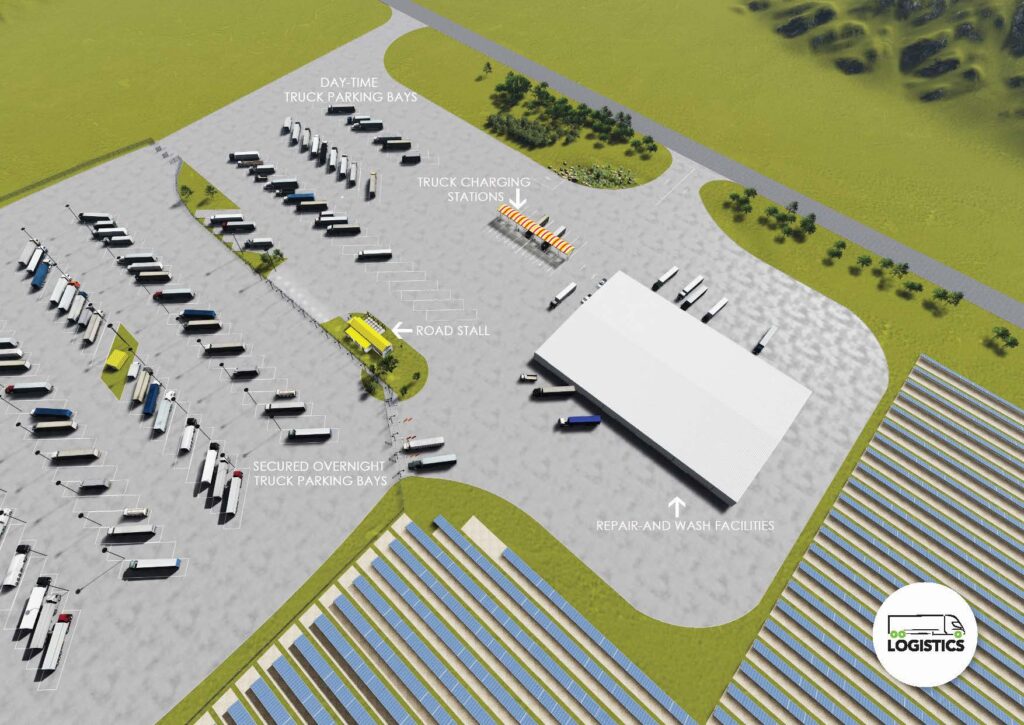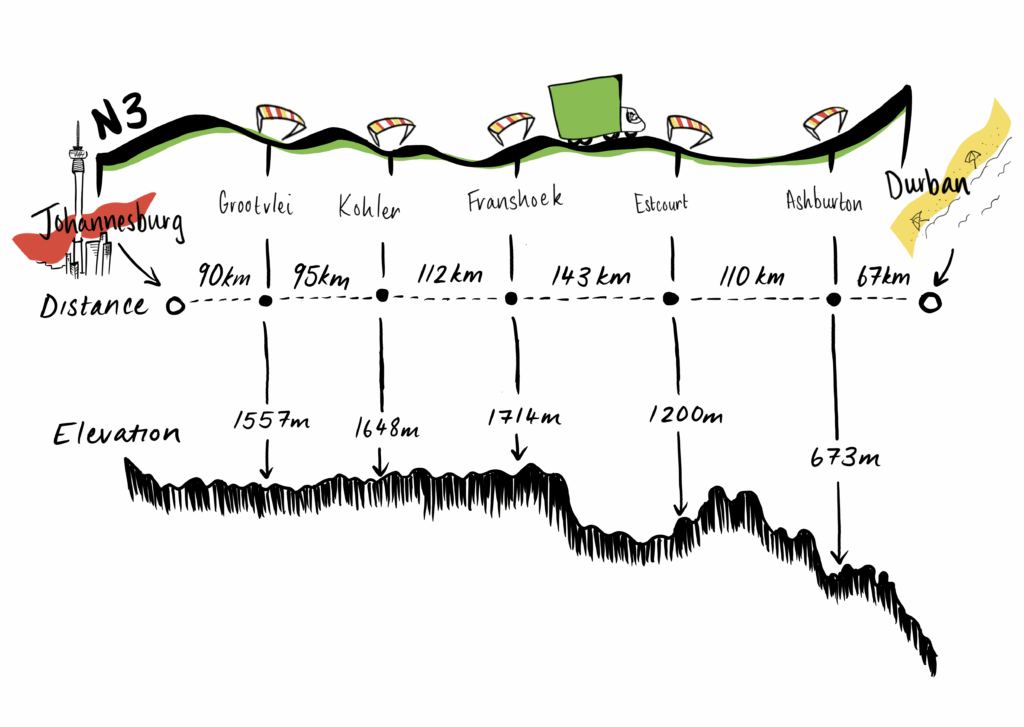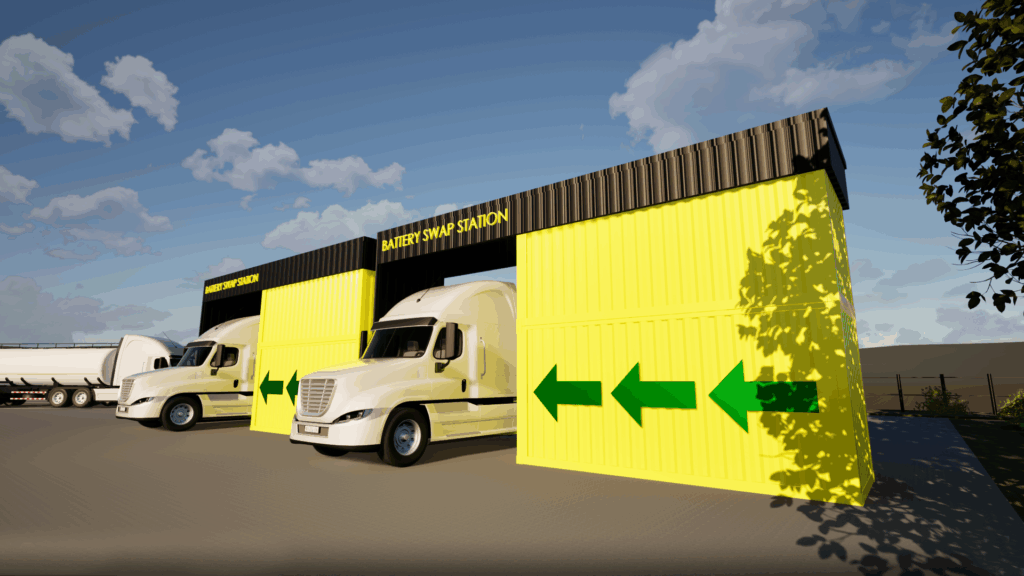A major boost for the roll-out of a charging network for battery electric vehicles has just arrived with the Development Bank of Southern Africa (DBSA) committing R100-million to Zero Carbon Charge (CHARGE) – the company rolling out a nationwide off-grid e-truck charging network.
If South Africa is serious about putting electric trucks on the road, the first step is building a reliable charging backbone along the country’s busiest freight corridors. The N3 between Johannesburg and Durban carries the bulk of the nation’s logistics traffic and is an obvious starting point. Without fast, accessible charging here, the transition to zero-emission freight simply cannot happen.
The Development Bank of Southern Africa and Zero Carbon Charge have signed definitive agreements confirming DBSA’s equity investment of R100-million into CHARGE. This follows DBSA’s initial approval in April, subject to due diligence and final agreements. That process is now complete, clearing the way for immediate implementation.
“At the DBSA, we are committed to backing catalytic projects that stimulate both economic growth and societal benefit,” says Spiwe Sibanda from the DBSA. “CHARGE’s off-grid charging model is a future-proof solution that supports the expansion of South Africa’s electric vehicle market while strengthening consumer trust in green energy and mobility.”
N3 first, then the N1
CHARGE is South Africa’s first and only company building a nationwide network of entirely off-grid, solar-powered ultra-fast EV charging stations. Each site is designed to provide reliable renewable energy, boost consumer confidence in electric mobility and create inclusive economic opportunities for rural landowners and local communities.
With DBSA’s funding in place, construction will now focus on the N3 corridor linking Johannesburg and Durban, followed by the N1 corridor from Johannesburg to Cape Town. These routes will form the backbone of South Africa’s renewable-powered transport infrastructure.
The financial closure process was supported by Absa’s Corporate and Investment Banking Division, which advised CHARGE through its two-year journey to bankability.
“Absa believes in the future of sustainability and CHARGE embodies this vision,” states the Head of Advisory at Absa CIB. “Their model aligns with our values and South Africa’s long-term economic prospects, which is why we are proud to have supported this landmark transaction.”Reflecting on the milestone, CHARGE Co-Founder Joubert Roux concludes: “We are grateful to both the DBSA and Absa for their unwavering support in helping us reach this milestone. Our first station was built as a self-funded proof of concept to showcase our dream to all, and today, this investment validates our business model as the future of South Africa’s green transport infrastructure.”
Editor’s comment: The move by DBSA to back CHARGE is more than a funding deal – it is a signal that the country’s financial heavyweights now see electric freight as inevitable. For the trucking industry, the real test will come on the N3, where uptime is everything and reliability is non-negotiable. If these solar-powered stations prove they can keep rigs rolling between Durban and Johannesburg, the rest of the network will follow. It’s a bold step, and one the industry cannot afford to ignore.
Click on photographs to enlarge






